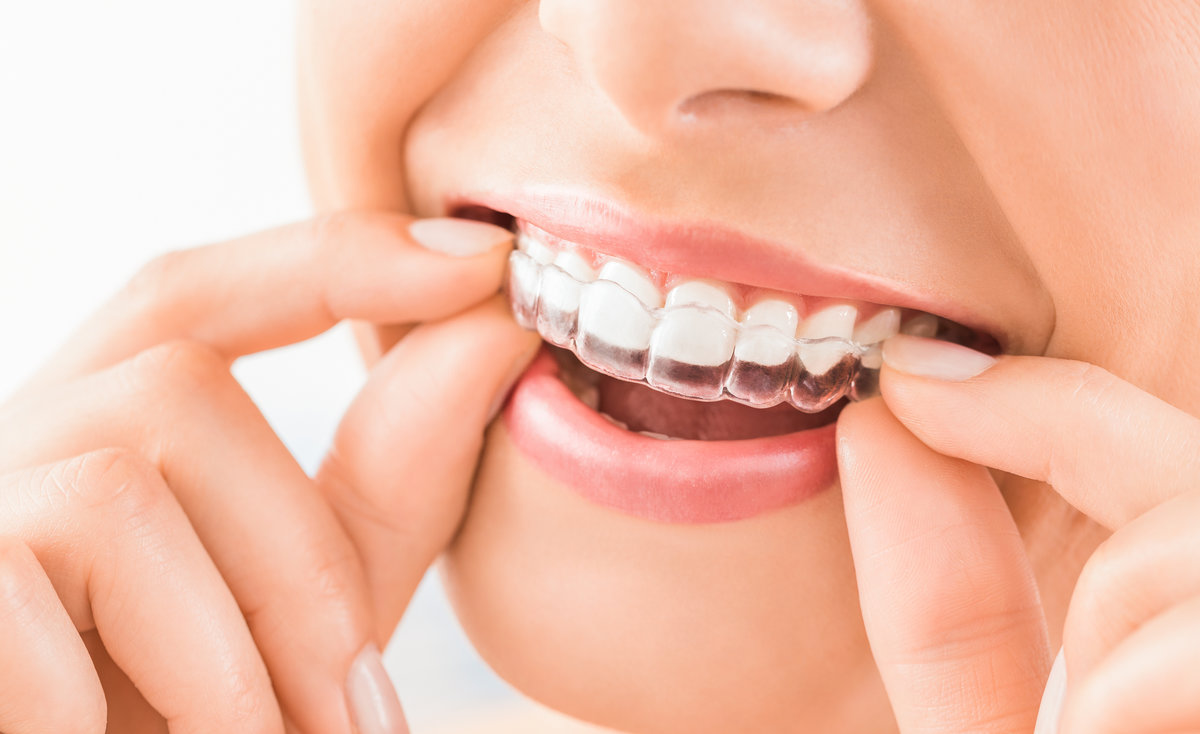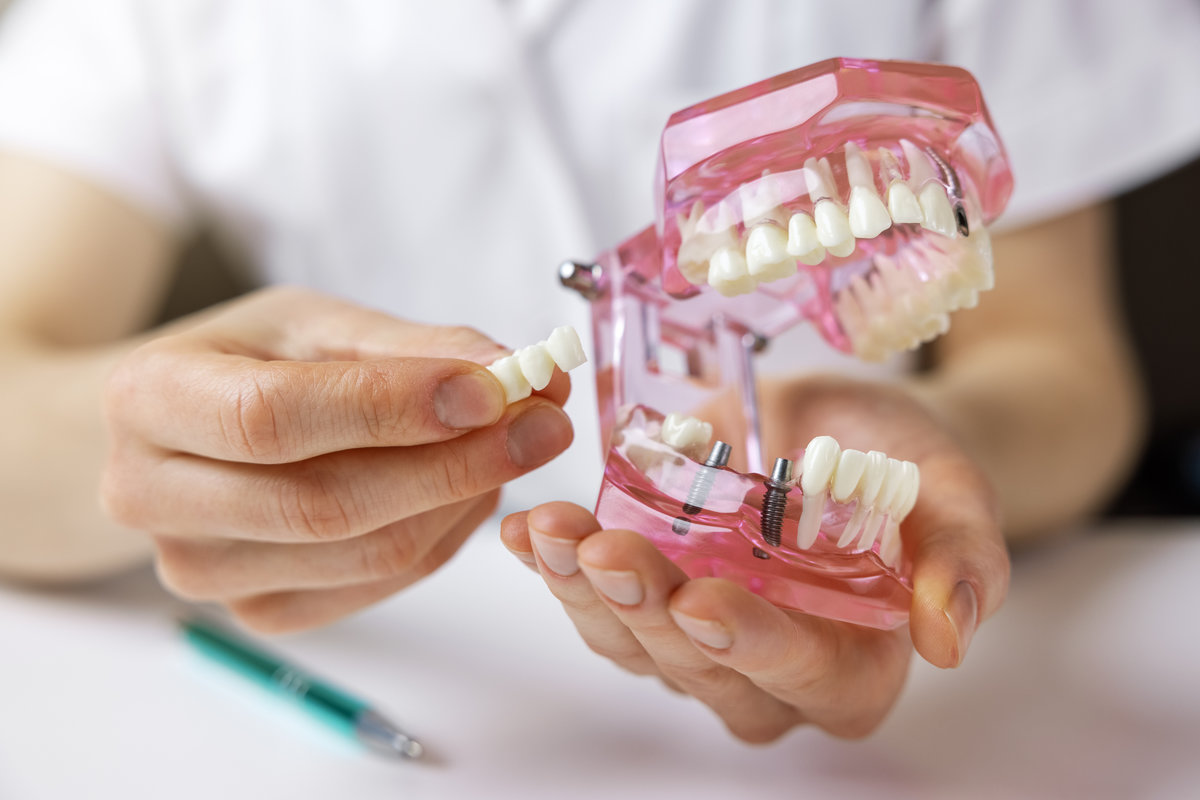The sharp, stabbing pain that shoots through your jaw when you try to enjoy your morning coffee or the persistent ache that throbs near your ear after a long day can make even the simplest activities feel overwhelming. If you’ve experienced the clicking, popping, or locking sensation in your jaw joint, you’re not alone in wondering whether there’s relief available without surgery.
At Northern Westchester Dental Care, we understand that TMJ disorders affect far more than just your jaw; they impact your quality of life, your sleep, and your ability to enjoy the foods you love. Our experienced team of dental professionals takes a whole body approach to TMJ treatment, recognizing that jaw joint disorders often stem from multiple factors and respond best to comprehensive, non-invasive care.
Understanding Your TMJ Symptoms
TMJ disorders, affecting the temporomandibular joint that connects your jaw to your skull, can manifest in surprisingly diverse ways. You might notice that your jaw feels stiff in the morning, or perhaps you’ve started avoiding chewy foods because they trigger discomfort. Some patients describe a sensation like their jaw is “stuck” or notice that their bite feels different than usual.
The connection between stress and TMJ pain is particularly significant. A survey by the American Dental Association found that more than 70% of dentists reported increased signs of teeth grinding and jaw clenching in their patients, with many patients being unaware they were doing so. When we’re stressed or anxious, we often carry that tension in our jaw muscles, creating a cycle where stress leads to jaw tension, which leads to pain, which creates more stress.
Lifestyle Modifications That Make a Difference
Simple changes to your daily routine can provide remarkable relief for TMJ discomfort. Being mindful of jaw-stressing habits, such as gum chewing, nail biting, or resting your chin on your hand, can help reduce strain on the joint. Many patients find that switching to softer foods during flare-ups gives their jaw muscles time to relax and heal.
Heat and cold therapy can become your best friends when managing TMJ pain. A warm compress applied to the affected area for 10-15 minutes can help relax tight muscles, while cold therapy can reduce inflammation when you’re experiencing acute pain. The key is listening to your body and using whichever feels more soothing in the moment.
Sleep position plays a crucial role in TMJ health that many people overlook. Sleeping on your stomach or side with your hand under your jaw can place unnecessary pressure on the joint throughout the night. Our holistic dentistry approach considers these whole-body factors that contribute to jaw discomfort.
Professional Non-Surgical Treatments
The following are the best non-surgical approaches we offer:
Customized Oral Appliances
One of the most effective non-surgical treatments we offer involves custom-fitted oral appliances designed specifically for your bite pattern. These aren’t the bulky, uncomfortable guards you might imagine—modern appliances are sleek, comfortable, and designed to gently guide your jaw into a more relaxed position while you sleep.
Physical Therapy and Jaw Exercises
Gentle jaw exercises and stretches can help restore normal function and reduce pain over time. These might include opening and closing exercises, side-to-side movements, or resistance exercises using your hand. The goal is to gradually increase mobility while strengthening the muscles that support proper jaw function.
Stress Management Techniques
Since stress often contributes to jaw clenching and grinding, learning effective stress management techniques can provide significant relief from these issues. This might include:
- Deep breathing exercises before bedtime
- Progressive muscle relaxation techniques
- Mindfulness meditation focused on releasing jaw tension
- Regular exercise can help reduce overall stress levels
- Creating a calming bedtime routine to promote relaxation
Many patients discover that addressing the stress component of their TMJ disorder provides relief they didn’t expect from other treatments alone.
When to Seek Professional Help
While self-care measures can provide significant relief, persistent jaw pain shouldn’t be ignored. If you’re experiencing regular headaches, difficulty opening your mouth, or pain that interferes with eating or sleeping, it’s time to consult with dental professionals who specialize in treating TMJ disorders.
Early intervention often prevents the need for more complex treatments down the road. Our comprehensive approach to general dentistry includes thorough evaluation of jaw function and bite alignment, allowing us to identify and address TMJ issues before they become more serious.
Find Relief for Your TMJ Pain
Living with jaw pain doesn’t have to be your norm. At Northern Westchester Dental Care, our experienced team combines advanced diagnostic techniques with proven non-surgical treatments to help you find lasting relief from TMJ discomfort. We take the time to understand your unique situation and develop a personalized treatment plan that addresses both your symptoms and their underlying causes.
Don’t let jaw pain control your life any longer. Our compassionate team is ready to help you explore effective, non-invasive solutions that can restore your comfort and confidence. Contact us today at 914-245-3103 or use our contact form to schedule your comprehensive TMJ evaluation and take the first step toward a pain-free life.


